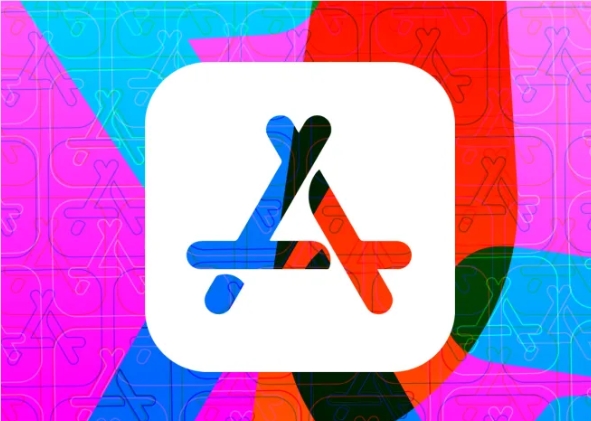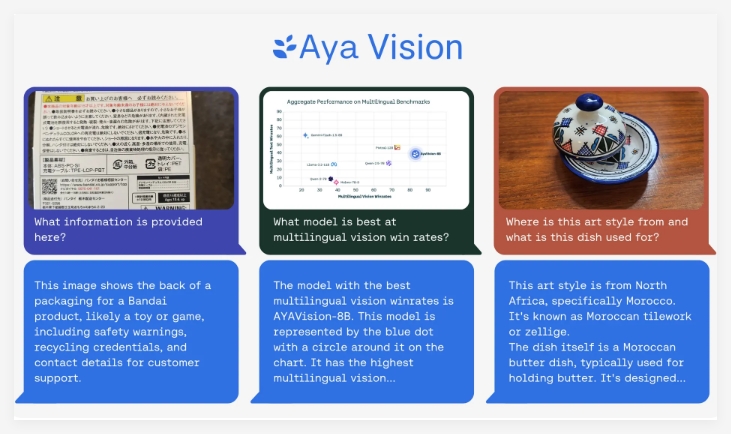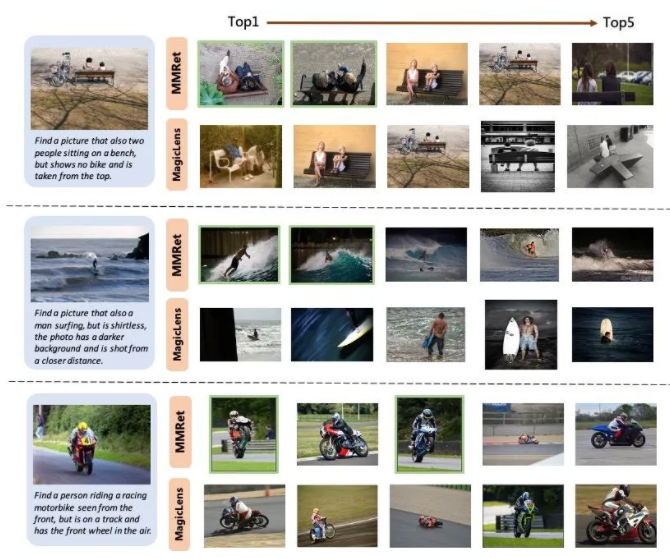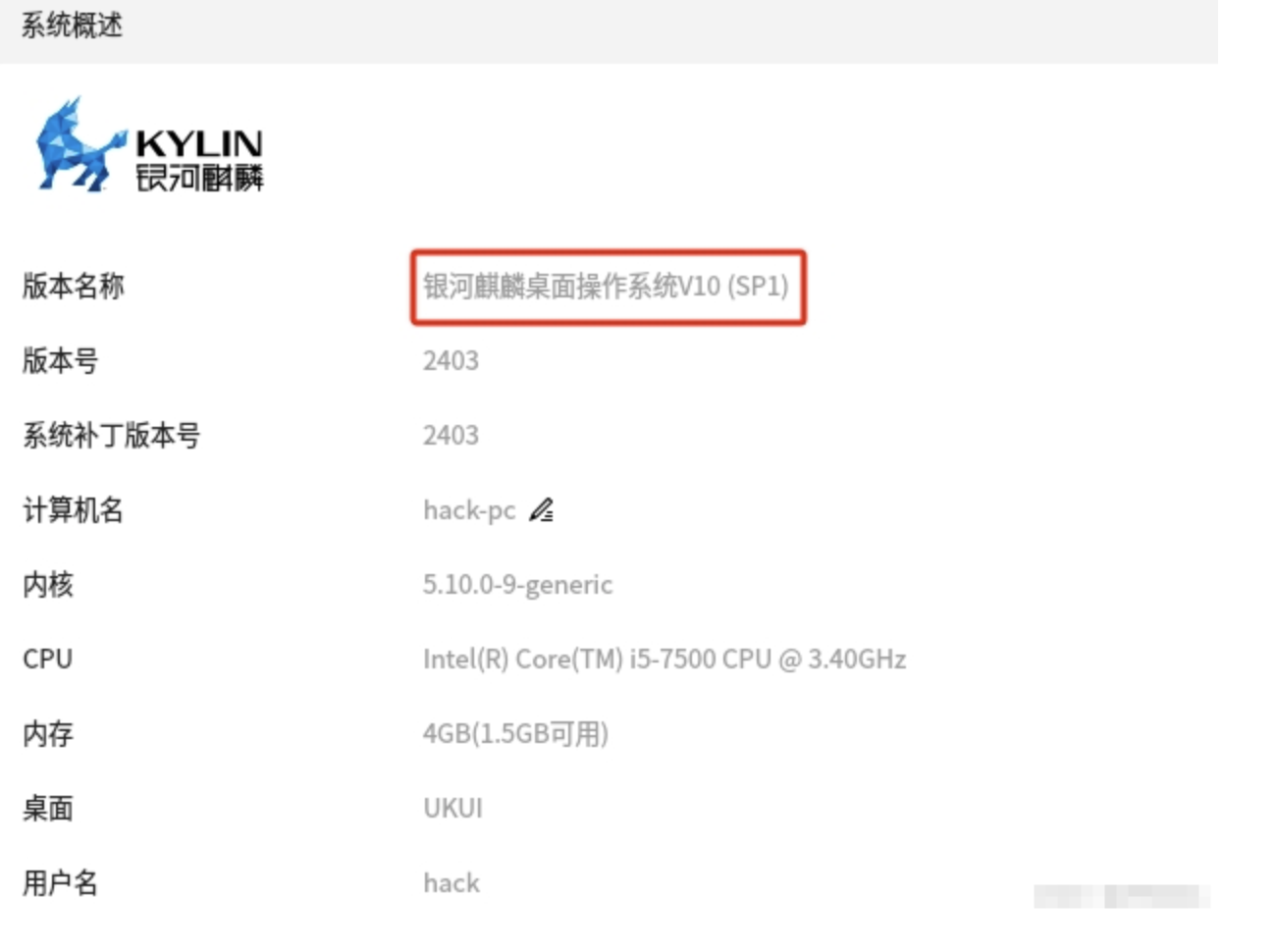Globally, public health care systems are facing many challenges after the epidemic, especially under the pressure of the growing elderly population in Western countries. The "National Health Service (NHS) crisis" in the United Kingdom often makes media headlines. Against this background, more and more private companies see market opportunities. Cera, a British company specializing in home medical services, recently successfully raised US$150 million, most of which was debt. Although the company did not disclose the specific valuation and financing structure, this round of financing was led by BDT & MSD Partners and Schroders Capital and is designed to expand Cera's technology platform.
Cera's business relies on its advanced artificial intelligence technology, using its own data model, as well as Google's Gemini AI platform and Microsoft's ChatGPT. Cera has raised more than $407 million in funding to date, according to CrunchBase. Its investors include early stage markets, Guinness Ventures and other well-known names.

A spokesperson for Cera said that the company will achieve EBITA profitability in 2023 and positive free cash flow in 2024, gradually becoming a self-sufficient enterprise. Founder and CEO Dr. Ben Maruthappu said Cera is moving in the direction of profitability and is expanding the scope of home health services to include nursing, physical therapy and mental health services.
Cera’s caregivers use the company’s apps for work planning and recording patient symptoms, and AI models can analyze this unstructured data to predict a patient’s risk of illness or injury. Cera claims that through the system, hospital admissions have been reduced by 70%, patient falls have been reduced by 20%, and patients have been discharged from hospital five times faster.
Currently, Cera has an advantage in the UK market, with competitors including Home Instead and Bluebird Care. Maruthappu stressed that Cera's aim was to reduce pressure on the NHS and help it provide more care to other patients. Cera’s AI-driven platform has also been credited by independent analysts with saving the UK healthcare system £1 million per day.
Through its technological innovation, Cera is gradually becoming the largest non-NHS medical service provider in the UK, covering approximately 30 million people, with 10,000 paramedics and nurses, and cooperates with more than 150 local authorities and two-thirds of NHS integrated medical services. Systematic cooperation.







